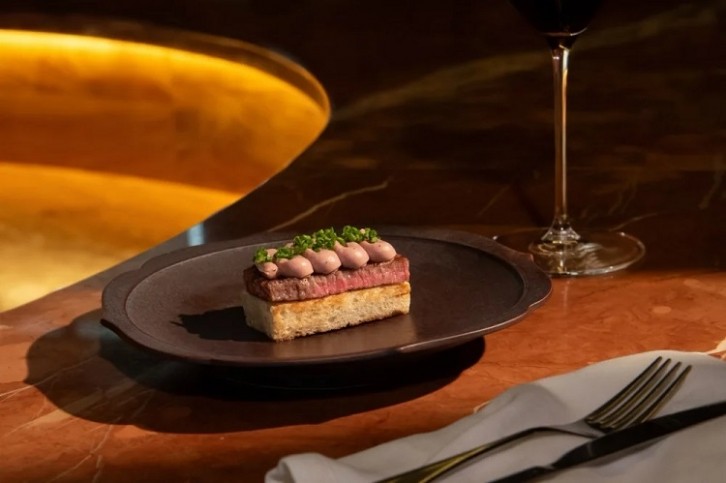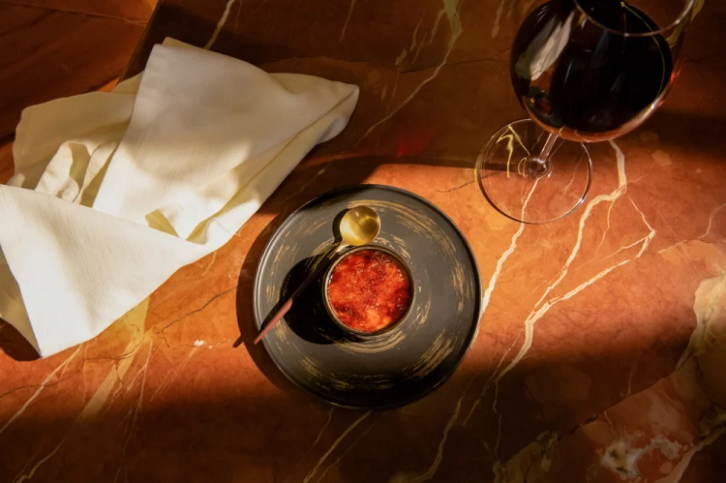The cultivated meat sector is celebrating today with the news of another market approval. The product in question, a cell-based quail, is made by Australian cultivated start-up Vow.
Having assessed the product, and concluded it is safe for human consumption, the Singapore Food Agency (SFA) approved it for sale last month. That makes the product – coined Qualia – the third to receive the regulatory nod in Singapore, behind Good Meat and Upside Foods.
Singapore is not the only country to have approved cultivated meat products, although it was the first. Cultivated meat products have also been greenlit in the US and Israel. Where it has yet to receive regulatory approval is the birthplace of cultivated meat: the European Union.
In fact, the SFA’s counterpart in Europe – the European Food Safety Authority (EFSA) – has yet to receive a single novel food application for cell-based meat.
Cultivated…quail? Did I hear that right?
When talking about cultivated meat, conversations predominantly centre around chicken, beef, or even seafood. Cultivated quail is not a product that springs to mind. But then again, Vow does not appear interested in the cell-based meat ‘classics’.
Last year, the company unveiled the world’s first cultivated meatball mammoth – made from the DNA of the extinct woolly mammoth and fragments of elephant DNA.
To make Qualia, which is being marketed under Vow’s Forged Parfait brand, the start-up identifies and isolates cells from a Japanese quail (Coturnix japonica) and grows them in a bioreactor. The cells are then harvested and mixed with other ingredients to create what the company is calling a ‘culinary masterpiece’.

Unlike the Japanese quail, Vow’s version contains no heart, brain, feathers or bones. Forged Parfait is made from cultured Japanese quail, butter, shallot, tapioca starch, port wine, garlic, brandy, vegetable and fruit concentrate, olive oil, salt and thyme.
“I’m so blown away by the profile of this product. It’s sweet, has a beautiful, delicate flavour, and the texture is always perfect,” said chef Ryan Clift, who has collaborated with Forged for two years.
Qualia on the menu in Singapore, hopes for EU approval strong
Having secured regulatory approval, cultivated quail will soon be hitting menus. Vow is planning a ‘world-first’ tasting of its Forged Parfait product at Mandala’s Club Mori in Singapore next week.
Just 14 guests will be invited to taste the seven-course menu, which will include a savoury cannoli filled with Forged Parfait served with caviar; a milk bun topped with A5 Hokkaido Wagyu and Forged Parfait; and Forged Parfait layered with port jelly and cognac-poached morels, finished with caramelised sugar.
Although currently focused on Singapore, Vow has other geographies on its radar. “We’re pursuing multiple markets in parallel to ensure hundreds of millions of customers will have access to Forged within the next 18 months,” co-founder and CEO George Peppou told FoodNavigator.
Indeed, the company is in the public consultation phase for regulatory approval in Australia and New Zealand through Food Standards Australia New Zealand (FSANZ). Based on current timelines, Vow expects to be approved before the end of the year.
Although not known for its regulatory ease when it comes to novel food, Europe is also on Vow’s radar. The company even held the first official cultured meat tasting in Iceland (a non-EU country) earlier this year.
“We are definitely keen to see Forged available in Europe in the future and are exploring novel food approval pathways through EFSA,” Peppou revealed.
What Vow’s greenlight in Singapore means closer to home
Vow is not alone there. Several cultivated meat companies are exploring novel food approval pathways in the EU, but not one has submitted for regulatory approval. The story is different in the broader European region, where Israeli cultivated meat player Aleph Farms has officially submitted applications in Switzerland and the UK.
Why are cultivated meat companies holding back in the EU? According to alternative proteins advocate the Good Food Institute (GFI) Europe, homegrown start-ups are receiving mixed messages from policymakers. “Without a coherent strategy to support alternative proteins, Europe might miss out on creating jobs and boosting food security for the future,” policy manager Seth Roberts told this publication.
As to when the EU will catch up with Singapore on cultivated meat approvals, Roberts said it depends on how much governments invest in open-access research, develop coherent strategies to support the sector, and provide guidance to help companies navigator the regulatory process.

From EFSA’s perspective, interest in novel food assessment is strong, just not necessarily in the cell-based meat sector. “Out of the around 240 novel food applications we have received for safety assessment since the implementation of the new Novel food regulation in 2018, we have not yet received any applications for risk assessment concerning cell culture-derived food applications on animal origin,” an EFSA spokesperson explained.
However the regulatory agency has observed a steep rise in applications in general, suggesting ‘substantial’ interest and incentives in the EU market for novel products.
So what does the future hold? Should European expect to see cultivated meat products on local menus soon? GFI Europe predicts consumers in the UK and Switzerland could become the first in Europe to try cultivated meat.
The EU may follow later, policy manager Roberts told us. Companies seeking to bring cultivated meat to market in Europe must navigate the regulatory approval process. “While stringent regulations are crucial for ensuring consumer confidence in novel foods, regulatory bodies can expedite the process by engaging in transparent dialogue with companies and issuing tailored guidance documents to clarify requirements for the sector.”
